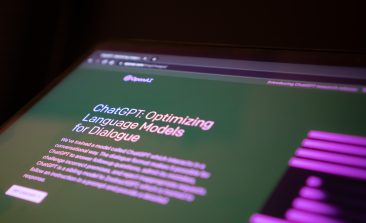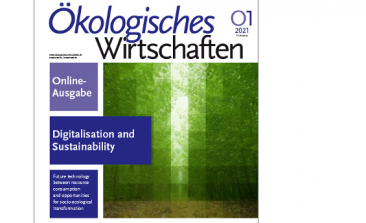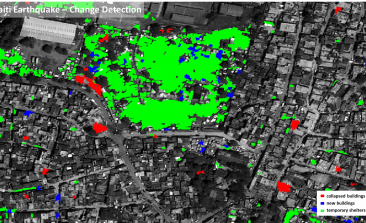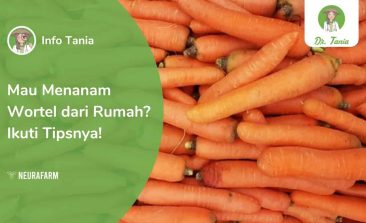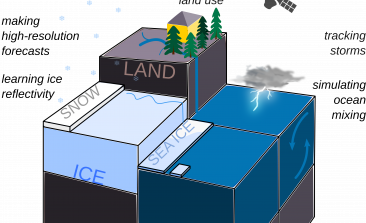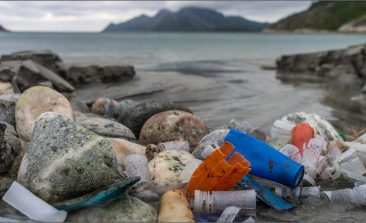Content to: Special Feature AI
ChatGPT: Why Language Models Absolutely Must Become More Energy Efficient
AI chatbot ChatGPT reached more users than Instagram or TikTok in the days after its launch. However, nobody is speaking about the vast quantities of energy required to develop and host the systems.
How AI Could Drastically Drive Down the Trucking Sector’s Accelerating Environmental Impact
The trucking sector is relatively low-hanging fruit when it comes to reducing carbon emissions. Here's how AI and other technologies are seeking to revolutionise it.
Artificial Intelligence for Environmental and Climate Protection – Our Guest Article Provides an Overview
The journal "ÖkologischesWirtschaften" looks at socioeconomics and ecological economics. RESET is pleased to be included in a new special issue on digitalisation and sustainability - with a guest article on artificial intelligence.
Data4Human: Aid Organisations Get a Helping Hand From the German Aerospace Center
Researchers at the German Aerospace Center are working to make space technologies available for humanitarian aid. The aim of their "Data4Human" project: to provide aid workers with the information they need to make crucial decisions - as quickly and precisely as possible.
Dr Tania: An Indonesian AI Chatbot Helps Farmers Identify and Treat Crop Disease
Dr. Tania is a smart farming app which uses a deep learning algorithm to help Indonesian farmers identify and treat crop disease and fight pests.
Interview: Climate Change AI – Combatting Climate Challenges With Collaboration and Machine Learning
An international group of experts from science and industry has joined together under the name "Climate Change AI" to promote the use of machine learning to tackle the climate crisis. We spoke with their chairperson, Lynn Kaack.
Wildlife Insights: A Google-Built AI is Taking Animal Surveillance to New Levels
With global biodiversity in crisis, conservationists around the world are devising more and more innovative ways to curb species loss. One of the latest initiatives is Wildlife Insights: a new tool that harnesses the power of AI to dramatically grow our knowledge about wildlife populations.
AI and Digital Volunteers Team Up to Help Amnesty Identify Human Rights Injustices in Sudan
Amnesty International’s Decoders programme is tackling major large-scale investigations into human rights and environmental abuses - powered by thousands of digital volunteers around the world. RESET spoke to Amnesty Decoders manager Milena Marin to hear about the evolution of their ‘Decode Darfur’ project in Sudan, and how now they’re using AI to expand their reach.
AI and Satellite Technology Team Up to Help Spot Ocean Plastic From Space
Cleaning up plastic in the ocean requires first spotting it. New research suggests that a combination of AI and satellite technology could make the process easier, cheaper and more effective.
